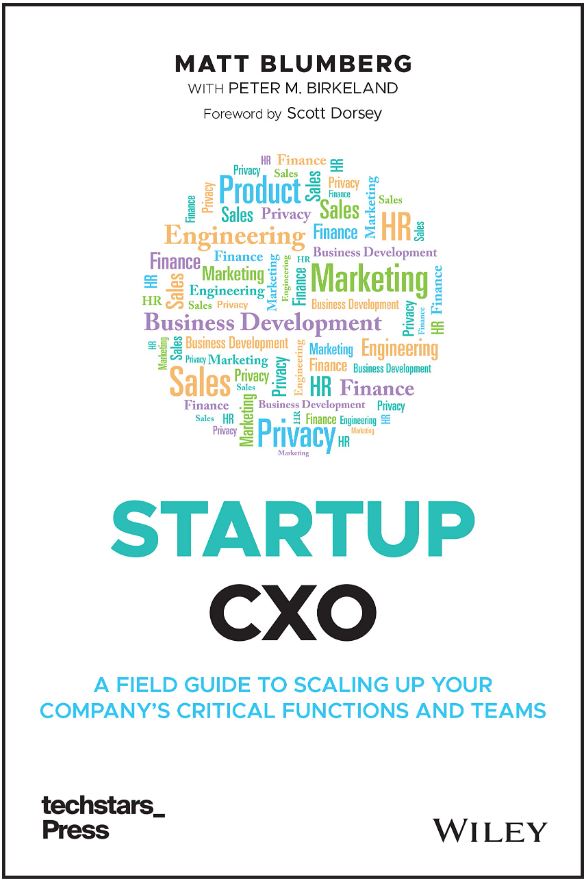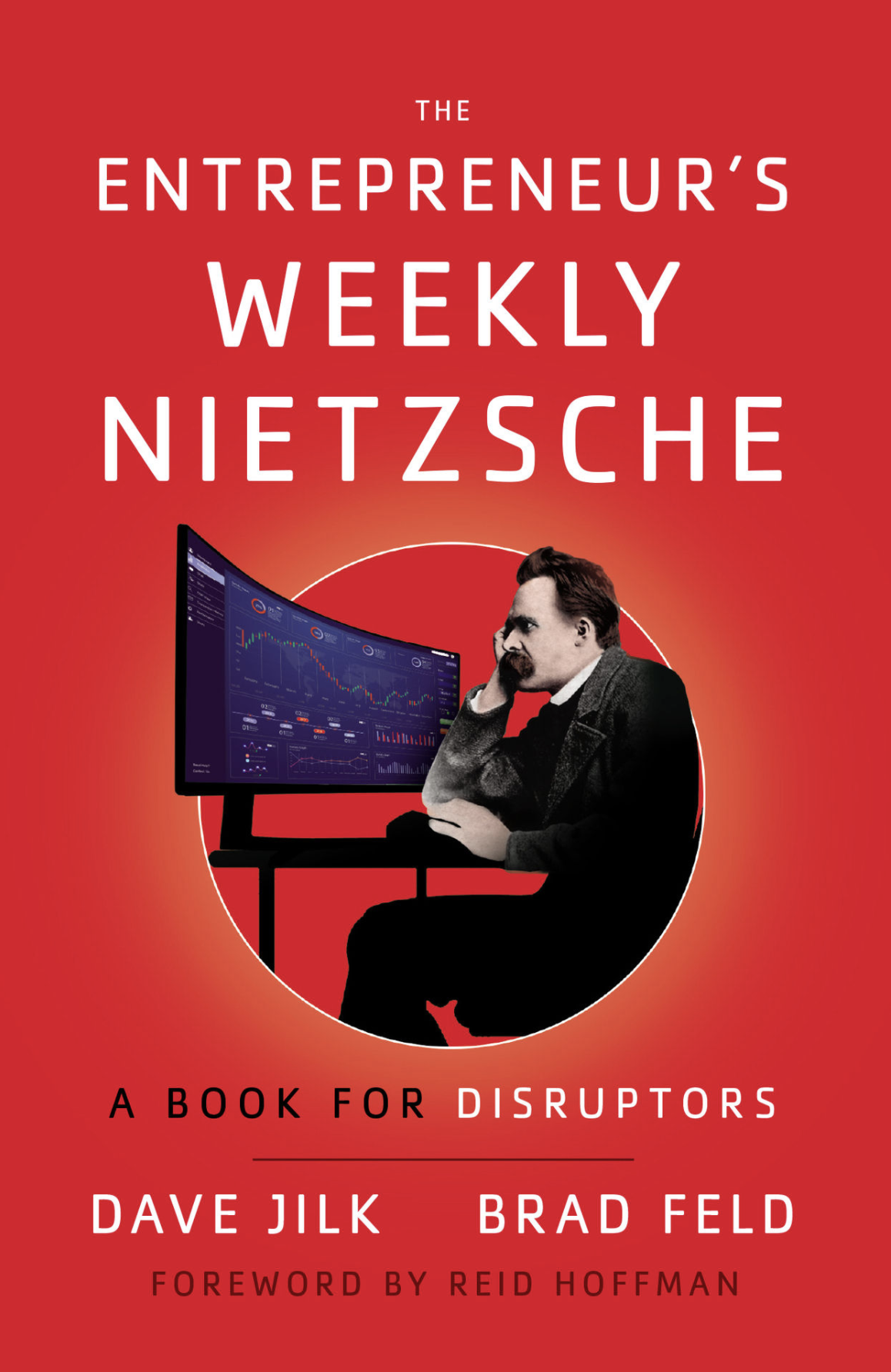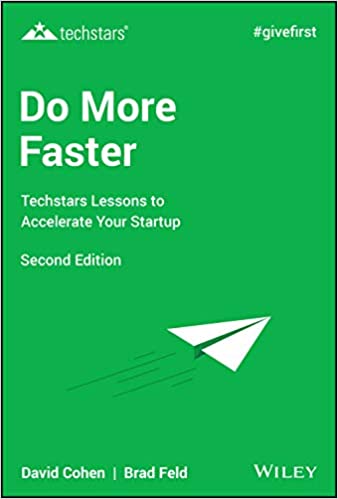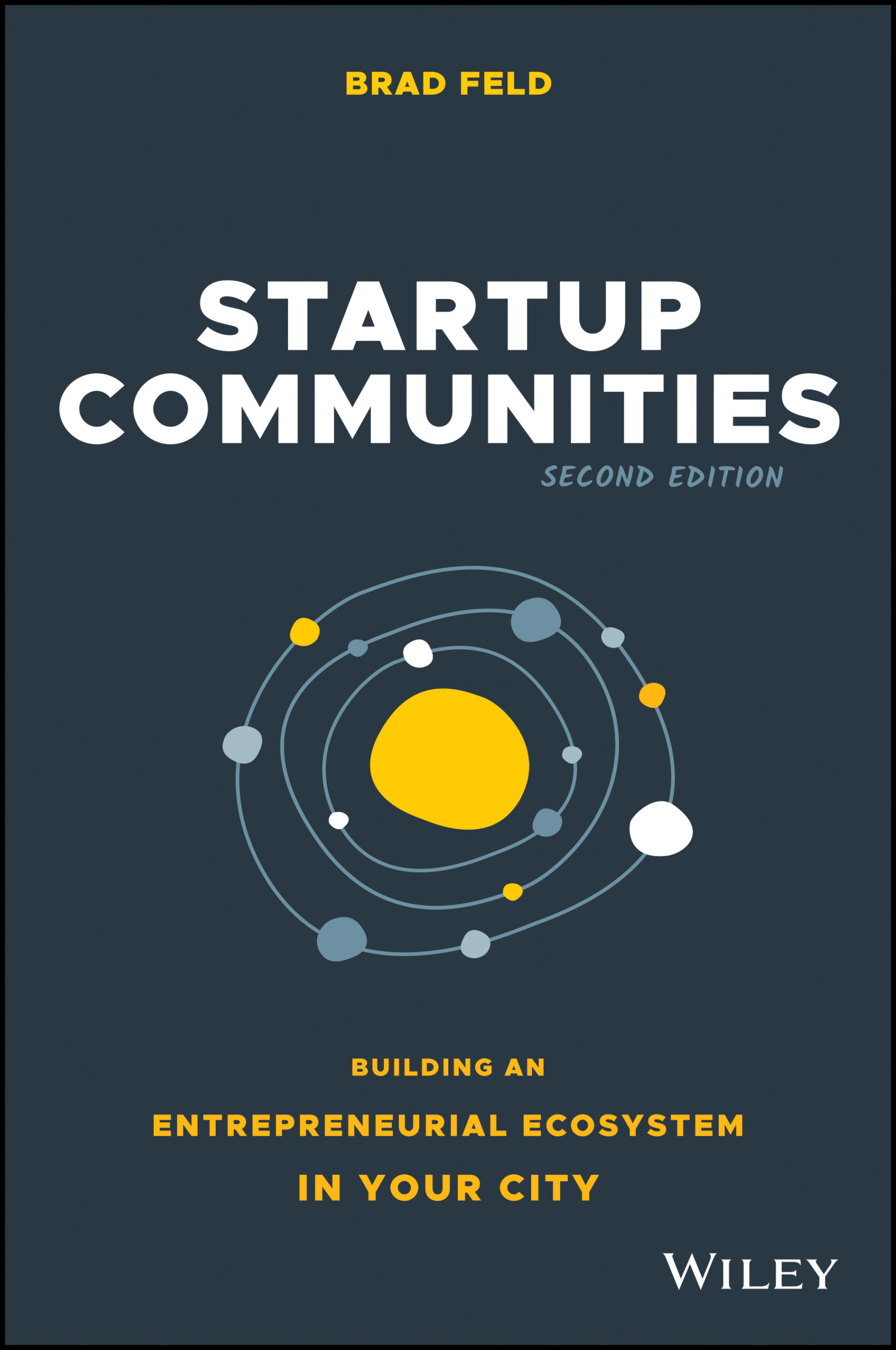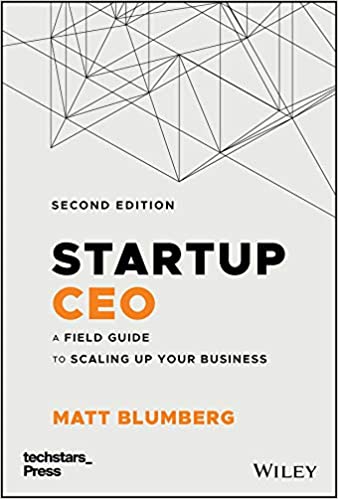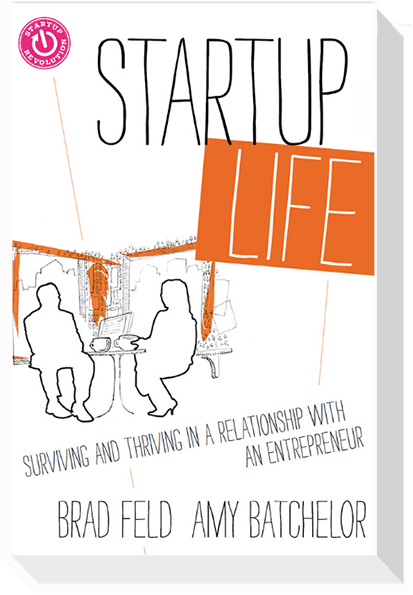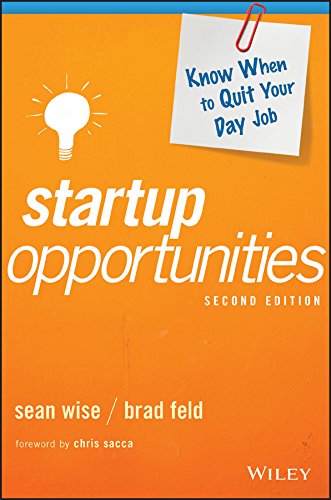What Aristotle Says About Your Startup Community
It seems more and more that great companies made up of great entrepreneurs come from great startup communities. This could be just a coincidence, as the breakout company received no benefit from its community. Or, maybe it is a flaw in our overly simplistic correlation machine; we think this is a great community because we witnessed a breakout company.
I believe that great communities can surface, guide and be responsible for great companies.
For those dreaming of your own startup community breaking out over the next few years you can look no further than a well-known phrase and cliché that dates back thousands of years.
Aristotle is responsible for the edict, “The Whole Is Greater Than The Sum of It’s Parts“.
What does this mean in terms of startup communities? When I consider what I have witnessed first-hand in Raleigh/Durham, NC and observed when visiting other communities on the speaking circuit, it boils down to this simple thought.
Your community is made of many separate parts each of which are important, but none have significant value by themselves. The whole (community) is more important, more useful, more beautiful, or in some way “greater” than all of the separate parts standing on their own. This is much much more than simple addition of parts. Great communities can be felt without actually seeing any one part. Great communities have one common goal – to build a great community.
For a community, the parts can refer to the physical space(s), the meetups, the organizing leaders, the breakout companies, the wanna-be founders, the investors, and everyone and everything in between.
Great startup communities understand this implicitly and act on its behalf every day. They don’t lose site of the fact that the community comes before their individual interests and agenda. Once those creep in, the whole is lost and so is any momentum.
Are you part of a startup community or contemplating getting involved? Carry Aristotle into your meetings and assess everyone on this simple cliché.
The original and longer version of this was published at INC.com.

